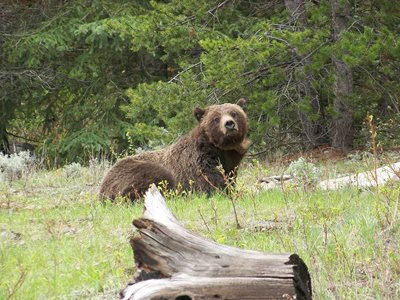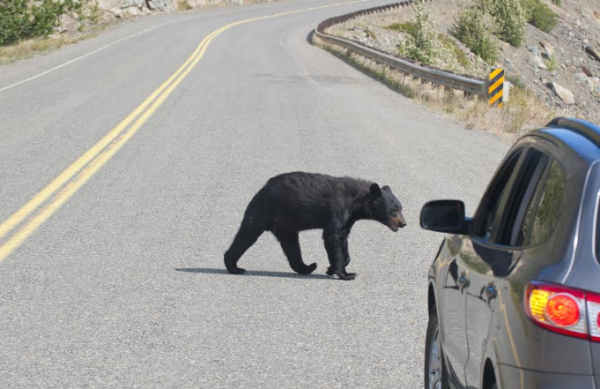By Glen Wunderlich
The intent of the Endangered Species Act (ESA) of 1973 was to protect critically imperiled species from extinction. Administered by two federal agencies – the United States Fish and Wildlife Service (FWS) and the Commerce Department’s National Marine Fisheries Service – it’s been manipulated and perverted to the point that some officials in Congress are pushing for change. That very notion has ruffled some feathers.
Sen. John Barrasso (R-Wyoming) has proposed draft legislation that would amend the ESA potentially providing states greater authority to address struggling wildlife issues within their borders. However, taking any controls out of the hands of D.C. bureaucrats is a tall order. However, but who is prepared better to analyze, restructure, and implement change than the people on the front lines – those whose very living depends on such successes? Rather than drastic measures foisted upon citizens that, in effect, are never-ending, a more sensible approach would be more proactive measures to avoid the perils of listing in the first place.
“We must do more than just keep listed species on life support,” Barrasso said in a recent statement on the bill. “We need to see them recovered.” Amen. But, we also need to be able to define the term “recovered” and to allow states to manage wildlife in a way that is sustainable. Of course, funding mechanisms must be returned to the states or else any mandates would be worth only the paper upon which they are written.
The ESA has often led to a heavily burdened U.S. Fish and Wildlife Service and a host of species that end up in the courts with activist judges pushing agendas that have no basis in science-based outcomes.
During the 2008 presidential campaign, President Obama described the types of judges that he would nominate to the federal bench as follows: “We need somebody who’s got the heart, the empathy, to recognize what it’s like to be a young teenage mom – the empathy to understand what it’s like to be poor, or African-American, or gay, or disabled, or old. And that’s the criteria by which I’m going to be selecting my judges.” Presto! We get one Beryl A. Howell as the chief judge of the United States District Court for the District of Columbia who not only previously said protecting our border is racist but ordered the Western Great Lakes wolves to be reinstated to ESA listing, despite the fact that they had fully recovered for over 10 years!
Now other animal-rights groups want to manage our Lake Sturgeon by placing them on the ESA in an effort to stop our citizens from fishing for them. Never mind that our Michigan DNR has a viable plan in place and has been working this plan for years in a successful endeavor to bring them back. Oh, and the funding? Just thank a fisherman or woman who buys the licenses. That’s sustainable use, my friends.
U.S. Sen. Lisa Murkowski, (R-Alaska), released a statement on recent proposals by the Department of the Interior to address longstanding issues with the ESA, as follows:
“These proposals are another step toward establishing a regulatory environment that will allow the responsible use of our public lands and produce better outcomes for fish and wildlife,” Murkowski, chairman of the Senate Committee on Energy and Natural Resources, said. “In Alaska, we have seen firsthand how the arbitrary application of these laws can foster uncertainty and hamper economic opportunities without delivering the promised environmental benefits”.
The FWS’s proposal would ensure that all threatened species would receive the level of protection that is appropriate for each species. This approach would free-up limited resources for more targeted and efficient recovery of threatened and endangered species. Meanwhile, the proposed rules for the ESA were published recently in the Federal Register, opening a 60-day public comment period.




